
Time for a Change

Turning 40 is one of life's biggest milestones, but it means adapting to new and potentially serious health concerns. While you might have arrived at this momentous birthday without many medical issues, it's time to take inventory of your body and switch up how you treat it.
One significant change you'll need to make is how you consume alcohol. Keep reading to find out how those cocktails and glasses of wine can affect your overall health.
Anxiety and Depression

While turning to alcohol to relax and loosen up seems like a manageable option, increased drinking can intensify mood shifts and mental health disorders. Yoga, meditation and massages are healthy alternatives to dealing with any midlife changes.
Acne

You might not see the symptoms of menopause until you're into your 50s, but after 40, you might start experiencing some hormonal changes. Hormones are one of the causes of acne, and menopause means that estrogen levels are fluctuating, among other things. Though they are indirectly connected, alcohol consumption can affect your hormones, which in turn can affect your skin.
Breast Cancer Risk
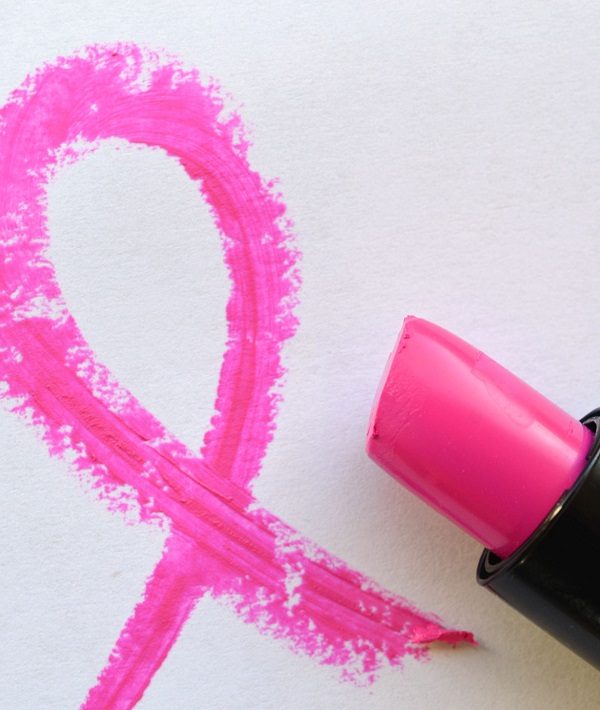
It's essential to keep estrogen levels under control, even after you've experienced menopause. Studies show that postmenopausal women with higher levels of estradiol, a type of estrogen, are at higher risk for developing breast cancer. Consuming alcohol raises estrogen blood levels, so the more alcohol your body takes in, the more you put yourself at risk. Overall, limiting how much alcohol you drink drastically lowers your chances of developing numerous types of cancers.
Stroke Risk

Stroke prevention should be one of the areas to focus on since your risks increase as you get older, especially after 55. Women are already more prone to strokes than men—one person suffers from these brain attacks every 40 seconds. Subtract a few cocktails to add on to your life's longevity and quality.
Higher Blood Pressure
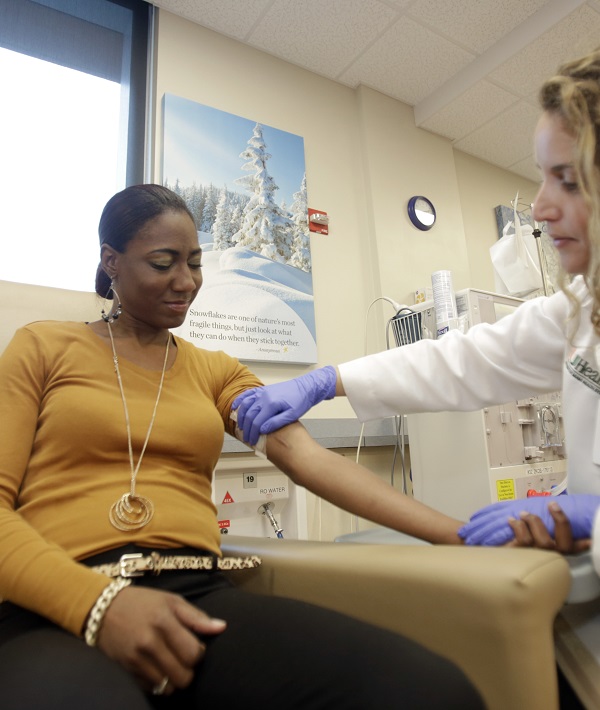
Cutting down the number of drinks you have is also a way to lower your blood pressure. If you are a light to moderate drinker, you're less likely to be affected by high blood pressure due to alcohol intake. However, if you have more than a few drinks per day, a reduction can lead to lower blood pressure levels and have an effect similar to what better diet and exercise have on your body.
Liver Damage

Hopefully you didn't spend much of your 20s and 30s blackout drunk, because that could lead to some serious liver damage by the time you reach 40. Unlike then, your liver can't bounce back and heal itself in the same way. The built-up fatty tissue in your liver makes it difficult for the organ to process nutrients. Liver disease from drinking alcohol can even lead to hepatitis and cirrhosis.
Lower Fertility Rates
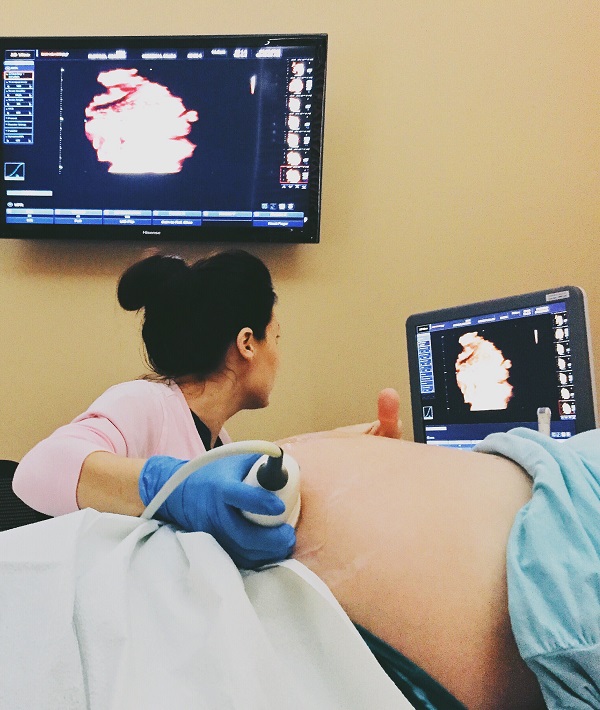
Whether you're attempting to get pregnant naturally or opt for an egg donor and/or IVF, your odds of conception are reduced if alcohol is involved. No matter what age you are, studies show that alcohol should be avoided altogether when trying to conceive.
Stored Fat
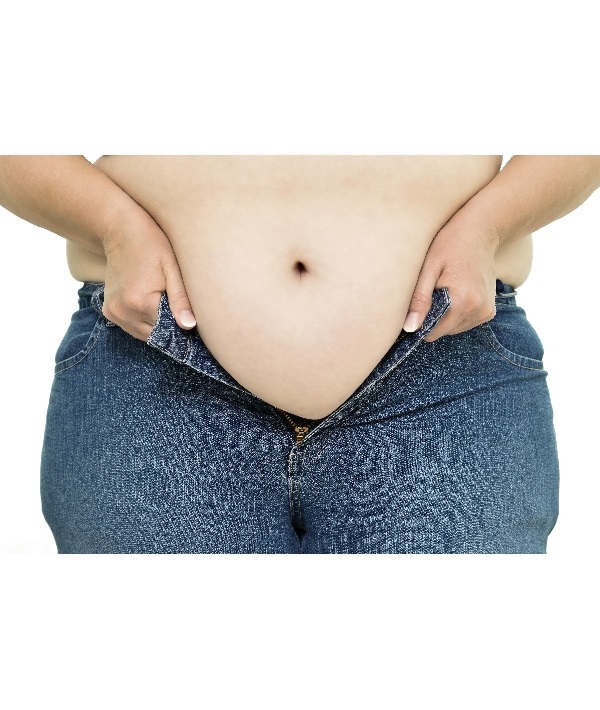
After you've experienced a couple decades of adulthood, the stress piles up. Your metabolism also slows down 5 percent for every decade after you hit 40 and, surprise, it's even easier to gain weight. Your liver sees alcohol as a toxin and prioritizes its breakdown first, even before calories from fat and protein. This makes calories available to your body faster than other digestible matter, but it also means that fat is stored much quicker.
Aging Skin
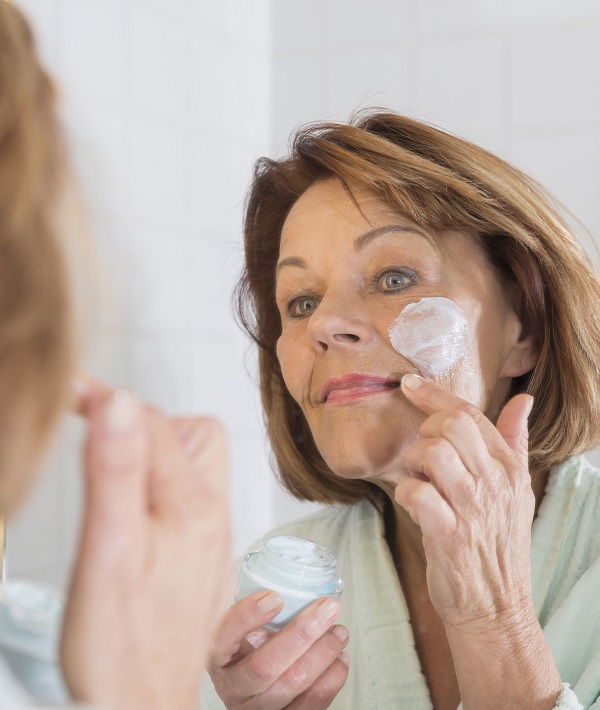
We all want to age gracefully. But if you haven't changed your heavy drinking habits by your 40s, you may be sacrificing that youthful glow. How your liver processes alcohol causes it to release acetaldehyde, a toxic byproduct that dehydrates your body and skin. If that's not enough, alcohol opens up your pores, leaving room for oil and other yucky stuff to get in and invite breakouts.
Risk of Dementia

By the fourth decade of life, you've gained enough wisdom to fill volumes of books. Monitoring your alcohol intake can help you protect that curated knowledge. Alcoholism damages frontal lobe brain cells and causes vitamin deficiencies. This can lead to different forms of dementia, including early-onset dementia, which can affect cognitive functions and communication skills, as well as memory.
Lower Tolerance

As time goes on, your body begins to lose muscle mass and become fatter, making it easier and faster to feel buzzed. The liver works less efficiently and you have less body water to help you stay hydrated, both factors adding to lower tolerance levels. Also, people tend to drink much less in their 40s than they did in their 20s. Don't feel like a lightweight if you find yourself tapping out after the second drink.
Balance

The likelihood of having balance-related problems like vertigo increase with the passage of time. An intoxicated person at any age will experience unsteadiness after a certain amount of alcohol is consumed. Into your 50s and 60s, the threat of a fall means possibly fracturing or even breaking more fragile bones. If you want to decrease your chances of becoming a senior with a busted hip, try drinking more slowly to be able to better gauge when to cut yourself off.
It Interferes With Meds
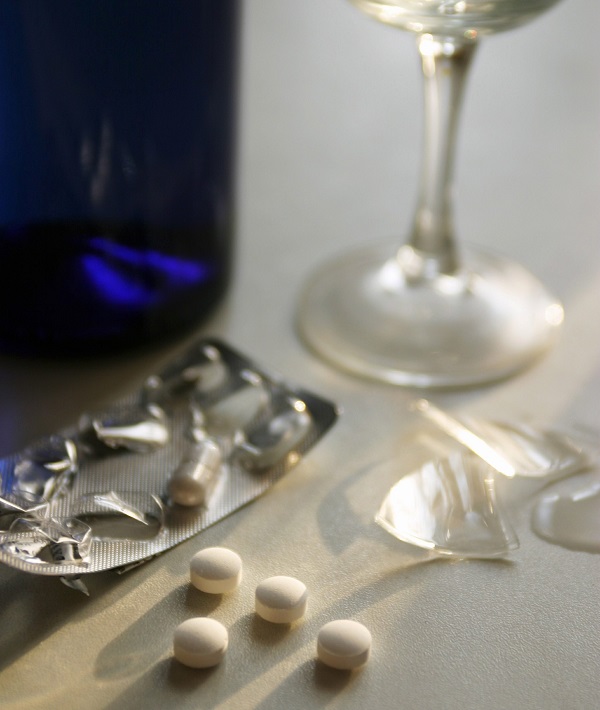
One reason that humans can expect to live longer now than ever before is because of medical science. Our bodies don't work as well as we age, but properly prescribed medications can help with living a more comfortable life. Mixing meds and alcohol, however, can be very dangerous, especially when coupled with sleeping pills and antidepressants. Even ibuprofen when combined with alcohol too regularly can create stomach bleeding. Always check with your doctor to see how medication, even over-the-counter drugs, may affect you when consumed with alcohol.
Sleep

Since alcohol is a sedative, it may seem obvious to have a drink to aid with a sound night's sleep. Instead of ensuring a peaceful sleep, it turns out that a drink close to bedtime can lead to a lack of the REM rest you require. As you mature, you'll need to take advantage of quality rest for proper health. Your best bet is to drink earlier in the day or else you'll be risking the natural shut-eye your body craves.
Dehydration
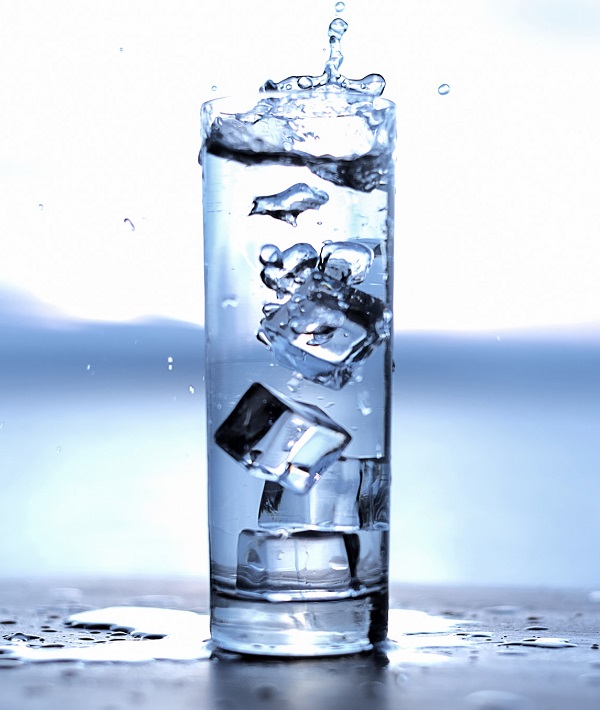
As our blood cells and body tissues hold less water with age, dehydration becomes a growing concern for middle-aged adults. Alcohol is a diuretic, which means you'll urinate more frequently from drinking it than other liquids. So, if you're drinking alcohol, you'll be taking more trips to the restroom—and you'll need to replenish with more (non-alcoholic) fluids.




